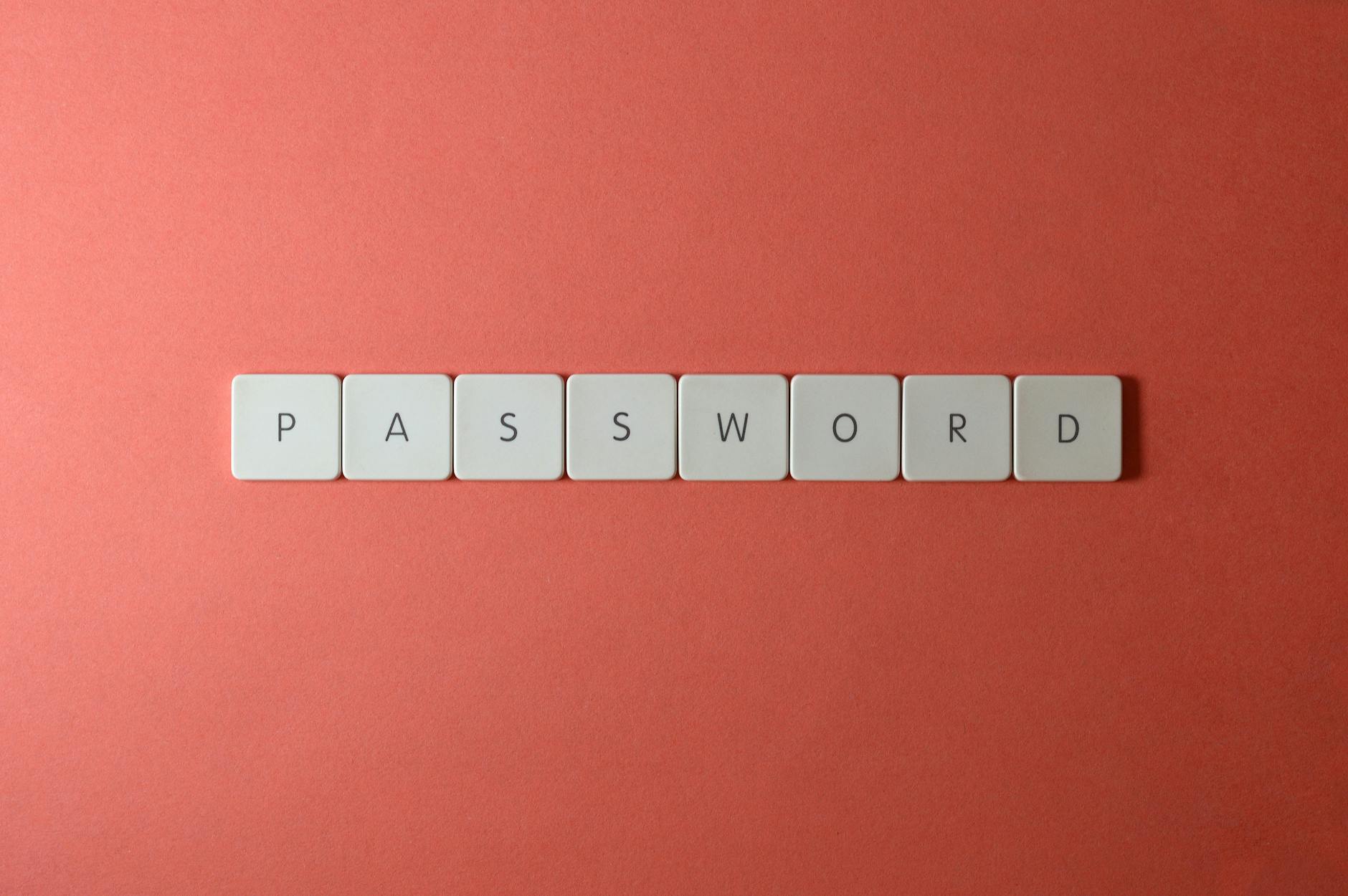In today’s digital age, securing your email accounts is more important than ever. Unauthorized access to your email can lead to data breaches, identity theft, and other serious consequences. This comprehensive guide aims to provide you with essential tips and best practices to help you safeguard your email accounts from unauthorized access.
Importance of Secure Email Accounts
Securing your email accounts is crucial as they often contain sensitive information such as personal conversations, financial details, and login credentials for various websites. Unauthorized access to your email can grant cybercriminals access to a wealth of personal and potentially damaging information. By implementing robust security measures, you can mitigate the risk of unauthorized access and protect your digital privacy.
Strong Passwords and Two-Factor Authentication
One of the foundational steps in securing your email accounts is setting strong, unique passwords. Avoid using easily guessable passwords like “123456” or “password” and opt for a combination of letters, numbers, and special characters. Additionally, enable two-factor authentication (2FA) whenever possible. 2FA adds an extra layer of security by requiring a second verification method, such as a text message or authentication app, in addition to your password.
Regular Security Updates and Software Patches
Keeping your email client, operating system, and antivirus software up to date is essential for maintaining the security of your email accounts. Security updates and software patches often address known vulnerabilities that cybercriminals can exploit to gain unauthorized access to your devices and accounts. Configure your devices to receive automatic updates to ensure that you are protected against the latest security threats.
Beware of Phishing Attacks
Phishing attacks are a common tactic used by cybercriminals to trick individuals into revealing their login credentials or sensitive information. Be cautious of unsolicited emails that ask you to click on links or provide personal information. Check the sender’s email address for inconsistencies and hover over links to verify their legitimacy before clicking on them. When in doubt, contact the sender directly through a known and trusted communication channel to confirm the authenticity of the email.
Encrypt Your Emails
Encrypting your emails adds an extra layer of security by scrambling the contents of your messages so that they can only be read by the intended recipient. Many email clients offer built-in encryption features, or you can use third-party encryption services for added protection. By encrypting your emails, you can safeguard your sensitive information from unauthorized access and interception by cybercriminals.
Monitor Your Account Activity
Regularly monitor your email account activity for any suspicious login attempts or unauthorized access. Most email providers offer security features that allow you to review recent login activity, log out of active sessions remotely, and receive alerts for unusual account behavior. If you notice any unauthorized activity, change your password immediately and report the incident to your email provider.
Conclusion
Securing your email accounts is a fundamental aspect of protecting your digital identity and sensitive information from unauthorized access. By following the tips outlined in this ultimate guide, you can enhance the security of your email accounts and reduce the risk of falling victim to cyber threats. Remember to stay vigilant, practice good cybersecurity hygiene, and prioritize the protection of your digital assets.



